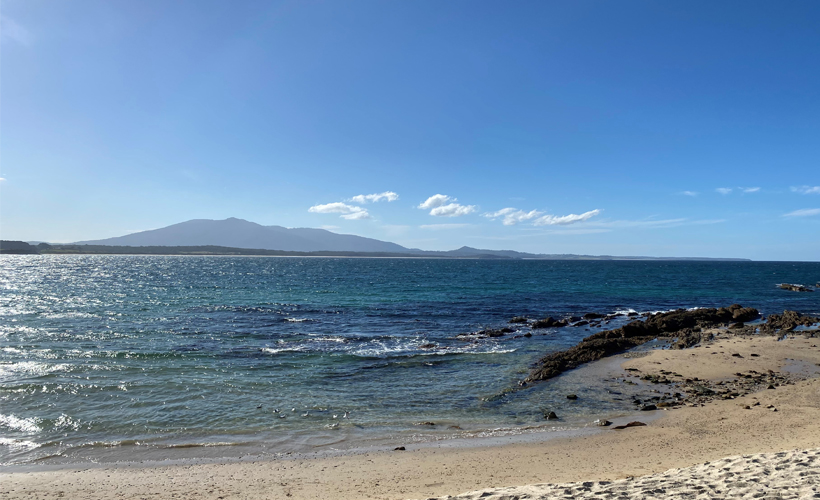Published 11 May 2022
Royal Life Saving Team Member, Belinda Lawton shares a very personal story, with three people connected to her friends having drowned over the past three months.

In the past three months, three people closely connected to my circle of friends have drowned in Australia.
I look at reports of drowning deaths all day, force myself to switch off to the personal details, the faces, the anguished family members and friends.
Since February, I haven’t been able to do that. The anguished faces are faces I know well and their grief is etched across my social media feeds with intimate details of moments shared, grand gestures of love, the minutiae of last lunches, phone calls. The unending grief of words left unsaid.
All three of the men who drowned were much loved and respected members of their community.
Despite the recent wild weather in parts of Australia, none of them drowned in floodwaters. None had been drinking or behaving recklessly prior to their death. There’s no neat explanation, nothing where the mind can seek refuge and say: that’s why it could never happen to me.
The truth is drowning can happen to anyone at any stage of life. No one is immune.
They all died doing something they loved; two were swimming and the third was diving. They were experienced, knew the conditions. Their deaths cannot be attributed to weather events. They didn’t fall into water or hit their head.
In all three cases, people who came across the scene used their first aid training to try and revive them, but there was nothing that could be done.
So what went wrong? Until the coroner reports on each case, we can’t be sure. We can only piece together the circumstances around what happened and think about the ways there might have been a different, better outcome.
We know in at least two cases they were alone when they drowned. One was at a patrolled beach, but swimming before the lifeguards started patrols, the other was swimming at an unpatrolled beach off a national park.
Not going into the water alone is good practice. It provides the protection of having an extra person, right there, should anything go wrong.
While these three deaths all happen to have occurred in the ocean, we know that people are equally likely to drown at inland waterways, in rivers, lakes, dams.
Avoiding alcohol before entering the water reduces your risk of drowning; knowing the conditions and staying out of the water when there is debris from flooding, and wearing a lifejacket when rock fishing or boating also helps.
It’s also important to remember that swimming is a skill that needs to be worked on. If you haven’t been swimming recently, start by going back to your local aquatic centre where the environment is controlled and there are staff who can help if you experience any difficulty. Build your endurance.
And if you never learned to swim? It’s never too late to get lessons, and local swim schools will have staff to work with you, no matter what stage of life you’re at.
Swimming is one of the greatest of life’s pleasures. This is not about avoiding the water, it’s about doing everything you can to make sure you have a great day – and go home safely to your loved ones at the end of it.
